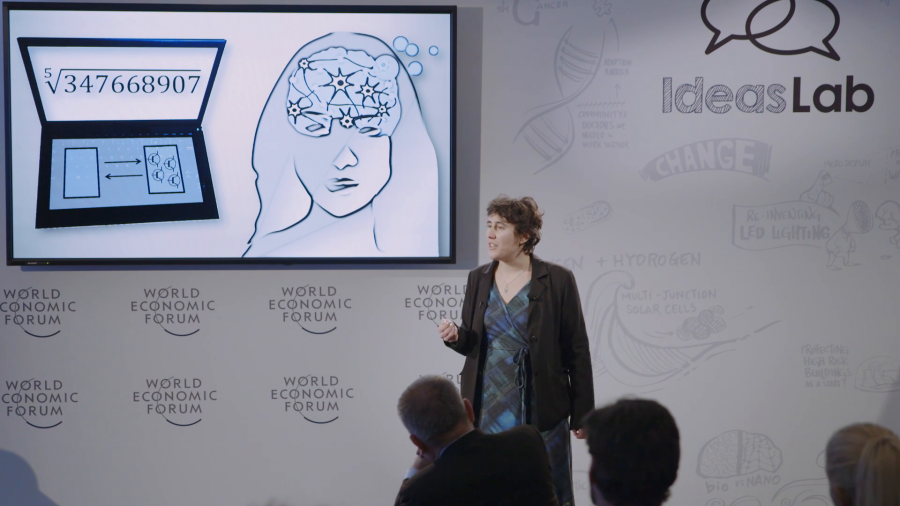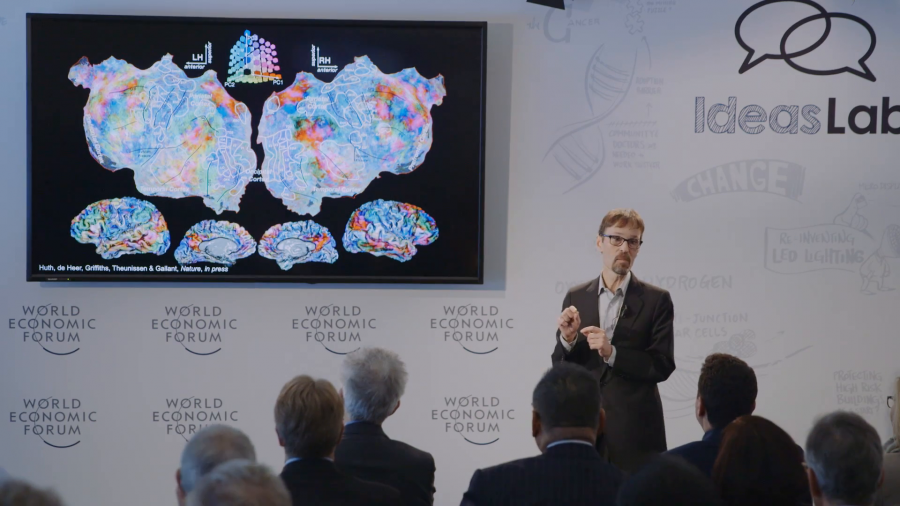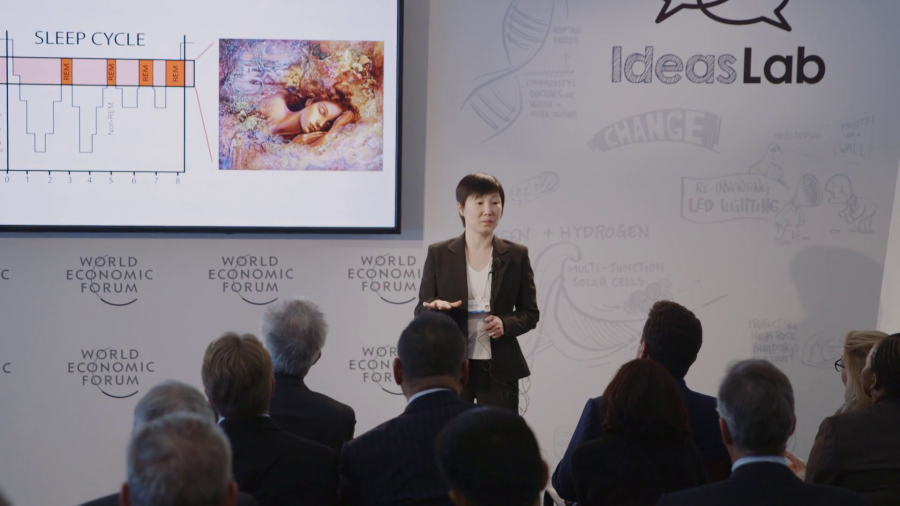Why don’t we quantify the brain? What I want to argue today is that we need a shift from diagnosis and treatment, to wellness and prevention. And that we have the data to do it.
Archive

The goal of MICrONS is threefold. One is they asked us to go and measure the activity in a living brain while an animal actually learns to do something, and watch how that activity changes. Two, to take that brain out and map exhaustively the “wiring diagram” of every neuron connecting to every other neuron in that animal’s brain in the particular region. And then third, to use those two pieces of information to build better machine learning. So let it never be said that IARPA is unambitious.
We know very little about complex financial systems and how systemic risk, as it’s called, is computed and how you would manage policies. And if you look back at the financial crisis, you can either say, as many economists do, “It all had to do with badly-designed rules,” which may be part of the story; it’s certainly part of the story. Or it may have to do with the interaction of those rules and human nature, like mortgage broker greed, optimism… And you see it not just in individuals who now have houses and foreclosure, but at the highest levels.

If we want to continue increasing the performance of our computers, we need to rethink the way we compute. And our brains are wonderful proof that impressive computations can be carried out with a very low power budget.

When lower primates form a hierarchy, those at the bottom undergo a change in their dopamine system. This makes them more likely to consume drugs in an addictive fashion. Now, if this turns out to be true of our species, that would mean that human beings are particularly vulnerable if they’re in some way dominated or don’t have any power.

In brain decoding, we take our model that we’ve developed of the brain (and this can be a model for anything, vision or language) and we reverse it. And instead of going from the stimulus to the brain activity, we go from the brain activity back to the stimulus.


